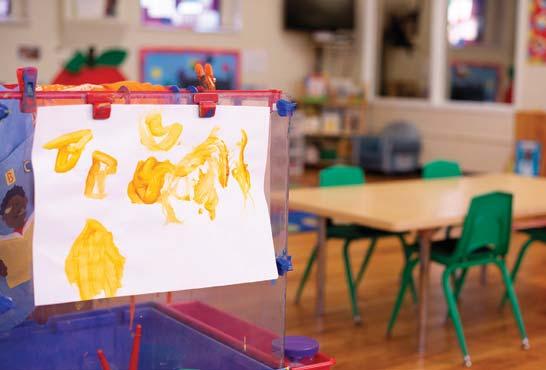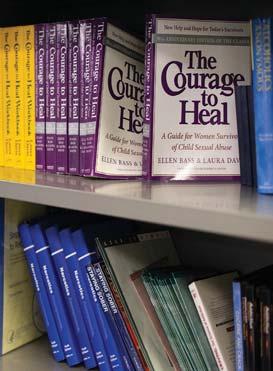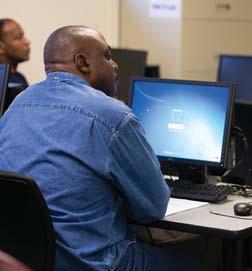
3 minute read
GIVERS: Measured Impact
GIVERS
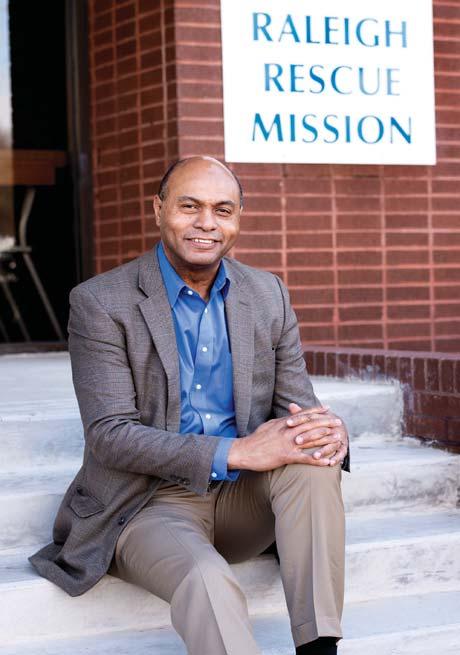
Advertisement
MEASURABLE IMPACT
Raleigh Rescue Mission’s new CEO fits right in
by CATHERINE CURRIN photography by TYLER CUNNINGHAM
John Luckett knows the power of an advocate. The new CEO of Raleigh Rescue Mission (RRM) grew up in extreme poverty in rural
Mississippi, but a local family took a chance on him. They helped him learn to read, and used their resources to help Luckett’s father find a job. He’s channeled the gratitude from that experience to inform his life’s work, and his new role at RRM will surely keep him on that path. “What we’re doing is more complicated than giving someone a meal and a place to stay. At the Mission, we go deep with these individuals to help get them back into mainstream society.” Most recently CEO of The Good Samaritan Health Center in Atlanta, Georgia, Luckett says he was drawn to the sense of community in Raleigh. “It seems like there are people, organizations and businesses in the Raleigh and Triangle area who are actively seeking out how to help others,” Luckett says. “There is a desire to partner and work together to address community issues.” He says RRM enticed him because it creates a measurable difference for the people it serves. “I thought to myself: What kind of organization do I want to be a part of that will really make an impact? Where, as a result of what you’re doing, are the individuals that have been changed?” He found that in Raleigh Rescue Mission—an organization that drills down to the root of the problem when it
comes to homelessness in Wake County, Luckett says. “What causes homelessness in Wake County could be totally different than other regions.” That’s why it’s important that the organization is tackling everything on a local level, from financial literacy and vocational training to the school-to-prison pipeline. One way they do this is through RRM’s New Life Plan, which Luckett says is currently his main focus. From September to November of last year, nearly 400 individuals requested services. Many of those are referred to other organizations in the area, but 159 were enrolled in the program, a six-phase plan whose goal is to take an individual from homelessness and unemployment to becoming a working member of society with a place to live. To best help their participants, the organization partners with other nonprofits like Habitat for Humanity, Wheels for Hope, Wake Tech Community College and The Green Chair Project to offer full coverage and support to those they are serving. The phases of support cover just about every need: “The plan addresses trauma, mental and physical health, tutoring for both children and adults, sustainable living wage jobs, transportation and eventually permanent housing,” says Luckett. The children that come in contact with RRM are also a huge priority. “Yes, we want to invest in adults, but we can’t forget that we’ve got to invest in these children.” Children that enter the New Life Plan with their parents will receive everything from tutoring to access to extracurricular activities. With two adult children of his own, Luckett says “When I’m serving someone, I always think about what I would do if they were my children.” Luckett broke the cycle of poverty in his own family and hopes to help others do the same. With Raleigh—a growing city, versus an established hub like Atlanta—Luckett says the scale of the problem is small enough that his work with Raleigh Rescue Mission can have, in his words, a measurable impact.
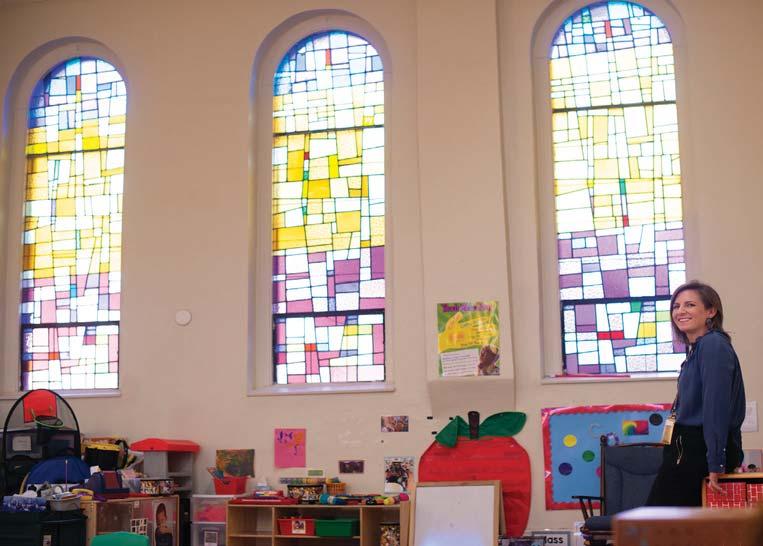
Kathryn Brooks, director of children's advocacy for RRM
